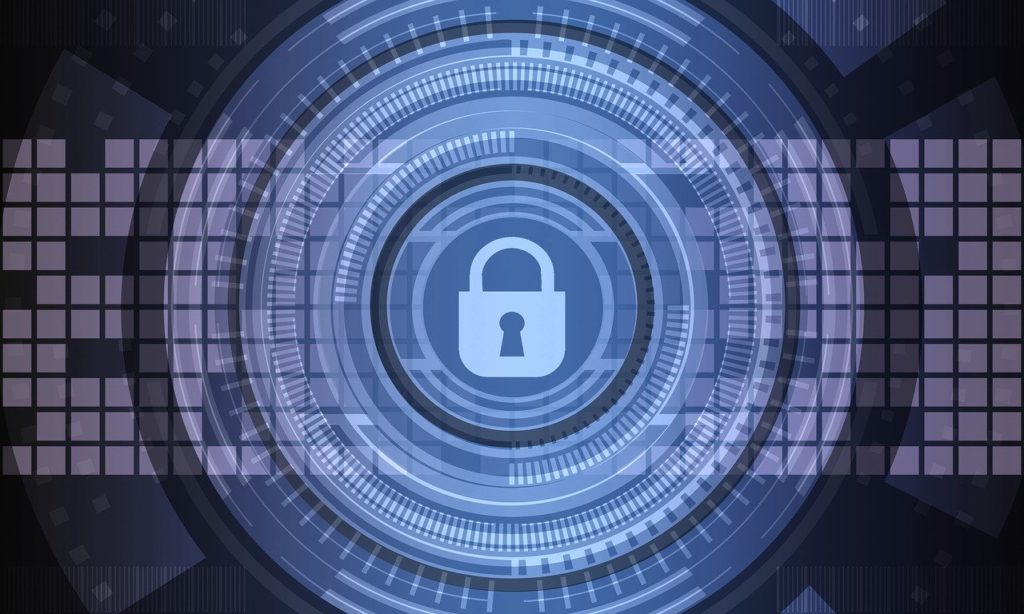The illegal drug trade is worth $400 billion annually, while cybercriminals earn $600 billion each year. They find and sell our digital information to the highest bidder and use any cybersecurity weaknesses they can find against us.
Protected health information has become a favorite target of hackers due to its high value. The healthcare industry has the highest costs for data breaches. The cost continues to rise, with current estimates at $6.45 million per breach.
There are several ways to protect patient information and prevent breaches, such as firewalls and encryption, but they’re difficult to install alone. Hiring a professional to manage them and train other employees in their use is essential.
IT experts and HIPAA compliance are the two weapons a healthcare provider has in the fight against cybercriminals. Read our guide to learn how they work together to keep patient information safe.
What Is HIPAA IT Compliance?
HIPAA is an acronym that stands for Health Insurance Portability and Accountability Act. It’s a complicated set of laws and regulations that can be boiled down into two categories; security, privacy, and breach notification rules.
The security rule deals with securing your facility and the information contained within it. The most important method is access controls. They ensure that the person accessing records is who they say they are.
Access controls requiring that user identities can be tracked through sign-in credentials. It should also include automatic log-off and authentication methods in case of breaches.
The security rule also mandates that patient data can be accessed in an emergency. This allows doctors and patients to access records when they need to.
The privacy rule focuses on ensuring that the data being accessed is used for the right reason. It states that the user should only be accessing the record because they need to provide care.
The breach notification rule means that you must report unauthorized access, use, or disclosure of unencrypted, unsecured protected health data. You need to alert the patients and the United States Department of Health and Civil Services.
Random audits may be filed against a healthcare provider to ensure they remain HIPAA compliant. External audits are more serious and usually only occur if there’s reason to suspect a breach or non-compliance.
Regardless of what health plan a patient uses or how serious their medical conditions are, their personal health information is valuable. HIPAA was developed to protect it and must be followed.
Benefits of IT Experts for HIPAA Compliance
Hiring dedicated IT experts to manage and protect your technology provides several benefits. These include manageable costs, improved disaster recovery, easy updates, virtualization, less environmental impact, and better service.
Hiring an IT team means you know exactly what you’ll have to pay them each month. If the bill changes, you’ll know in advance. This makes it easier to incorporate their fees into your budget.
IT experts help prevent disasters and data breaches but also help you plan for what to do if one occurs. These are known as a backup and disaster recovery plan, and 96% of companies with one survive a ransomware attack.
Technology is a constantly changing world, and being behind the times put you at risk of cybersecurity threats. Having a team of experts available at all times lets you update your systems and technology whenever you need to.
Not every healthcare provider stays in one location, and their IT experts shouldn’t be confined to one place either. Virtualization allows you to speak to them wherever and whenever you need to.
IT experts give you a higher level of service than if you hired a few computer-savvy members of your staff to manage your technology. They’ll have more experience, allow you to focus on your business, and provide constant service.
These are only some of the benefits IT experts provide. Hiring them is one of the best things you can do for the efficiency of your business.
How to Ensure IT HIPAA Compliance
Regular internal audits help a healthcare provider ensure there are no cybersecurity risks in their systems and that they haven’t slipped into any form of HIPAA noncompliance. An IT expert can help you complete them.
Regular training is another essential component of maintaining compliance. At least 73% of organizations do so annually. It’s an important part of keeping all your workers up to speed on all the rules.
Anything you can do to increase cybersecurity will help protect patient records. It doesn’t matter whether or not it is mandated by HIPAA law.
There are several ways to achieve this and limit the likelihood of a breach even further. IT experts can help you with all of them.
Check the security of all networks you use, including internet and communication networks. Use strong passwords that are difficult for hackers to guess. Protect your physical locations, such as offices and computers.
Encrypt all data, especially protect health data. This makes it more difficult for hackers to access. Limit user access as well, as this prevents unauthorized users from entering your networks.
Update your technology and networks often. Delete unnecessary data in the right way to prevent unauthorized access.
418 HIPAA breaches affected 34.9 million Americans or 10% of the population in 2019 alone. That’s why severe consequences were put into play for noncompliance.
The maximum penalty was $1.5 million per year, with average fines ranging from $100-$500,000 per violation. Jail time and other legal consequences may also come into play for severe violations.
There is only one way for a healthcare provider to avoid these nasty financial and legal consequences. They must remain HIPAA compliant and hire a team of IT experts to help them do so.
Where Can I Find IT Experts?
Protected patient information has become a tempting target for cybercriminals. It’s easier than ever for them to access as it’s moved online. Maintaining and protecting it alone is difficult, which is why you need a team of IT experts.
Meeting HIPAA security requirements is the responsibility of every healthcare provider. Follow the security, privacy, and breach notification rules to keep protected information safe.
Hiring an IT expert keeps you compliant while also improving the way you run your business. Once you understand how IT and HIPAA work together and how a professional can help you maintain compliance, you need to find the right team.
We’re IT and HIPAA experts who can help you understand the laws, remain compliant and maintain your data and technology. Browse our range of HIPAA compliance services today.


